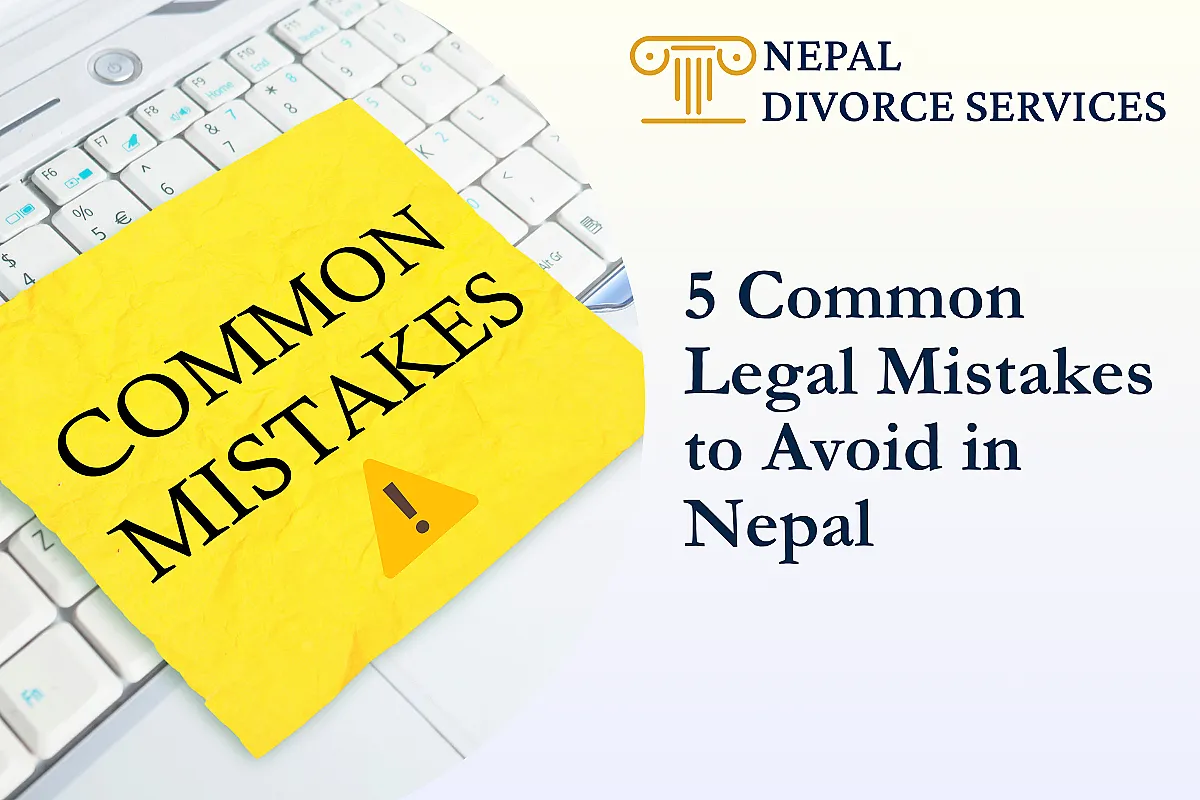Tag : Civil Law Expert
5 Common Legal Mistakes to Avoid in Nepal
Nepal is a country with a rich and diverse legal system, influenced by both its ancient traditions and its modern developments. However, navigating the complex laws and regulations of Nepal can be challenging for anyone, especially for foreigners or those who are unfamiliar with the local context. Here are some common legal mistakes that you should avoid in Nepal, and some tips on how to deal with them.
Divorce by Court Order in Nepal
Divorce is the legal termination of marriage between a husband and a wife. Divorce can have various legal, social, and emotional implications for both parties. In Nepal, divorce is regulated by the Civil Code 2074 (2017), which provides two ways to obtain a divorce: by mutual consent or by filing a case in the district court.
Litigation in Nepal: Writ Jurisdiction
This article delves into the writ jurisdiction in Nepal, highlighting its role in protecting individual rights. It covers the five types of writs available—Habeas Corpus, Mandamus, Certiorari, Prohibition, and Quo-warranto—along with the conditions under which they can be issued. Additionally, it provides insights on how individuals can file writ petitions, including on behalf of others, and discusses the importance of these legal instruments in ensuring justice and accountability in governance.



